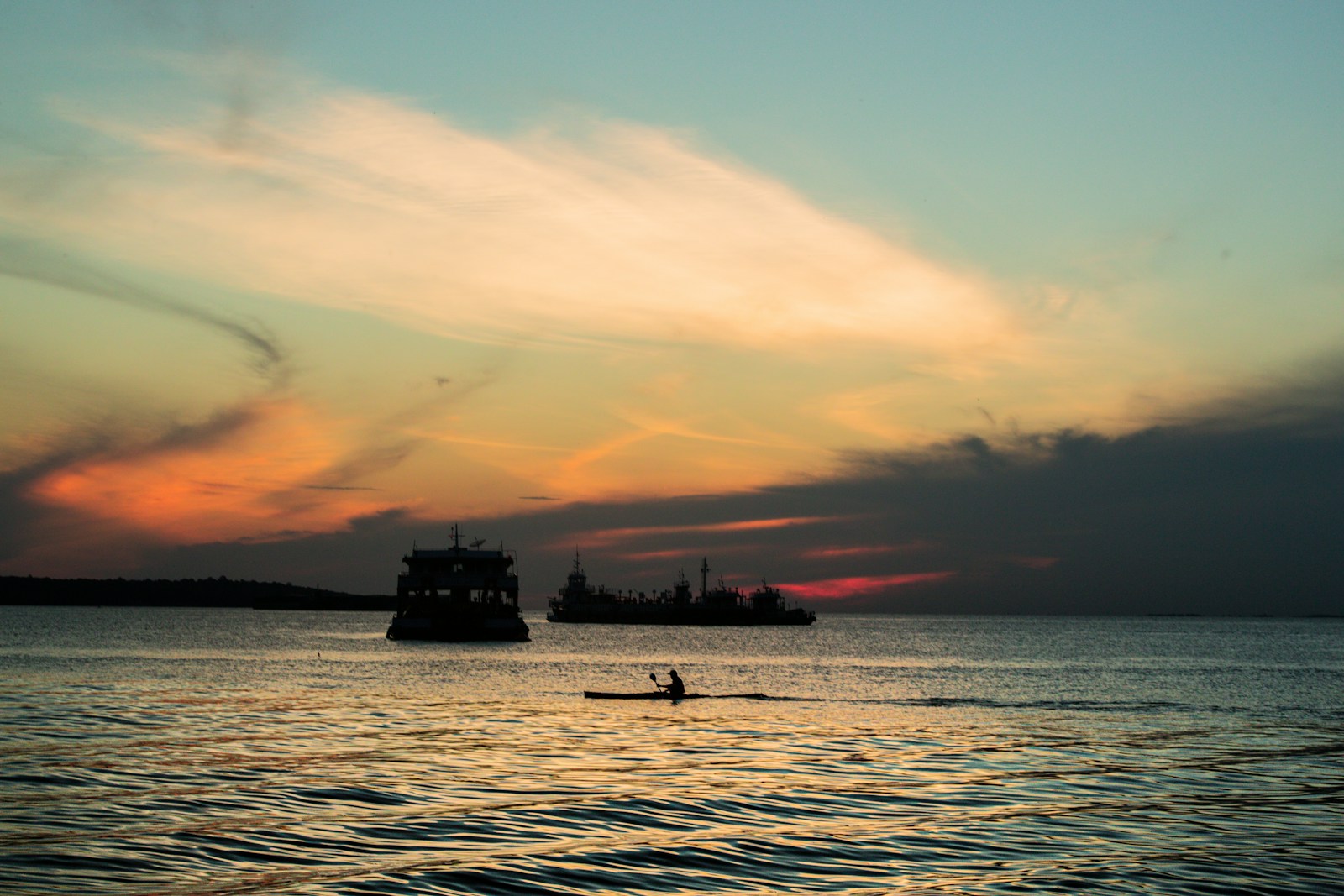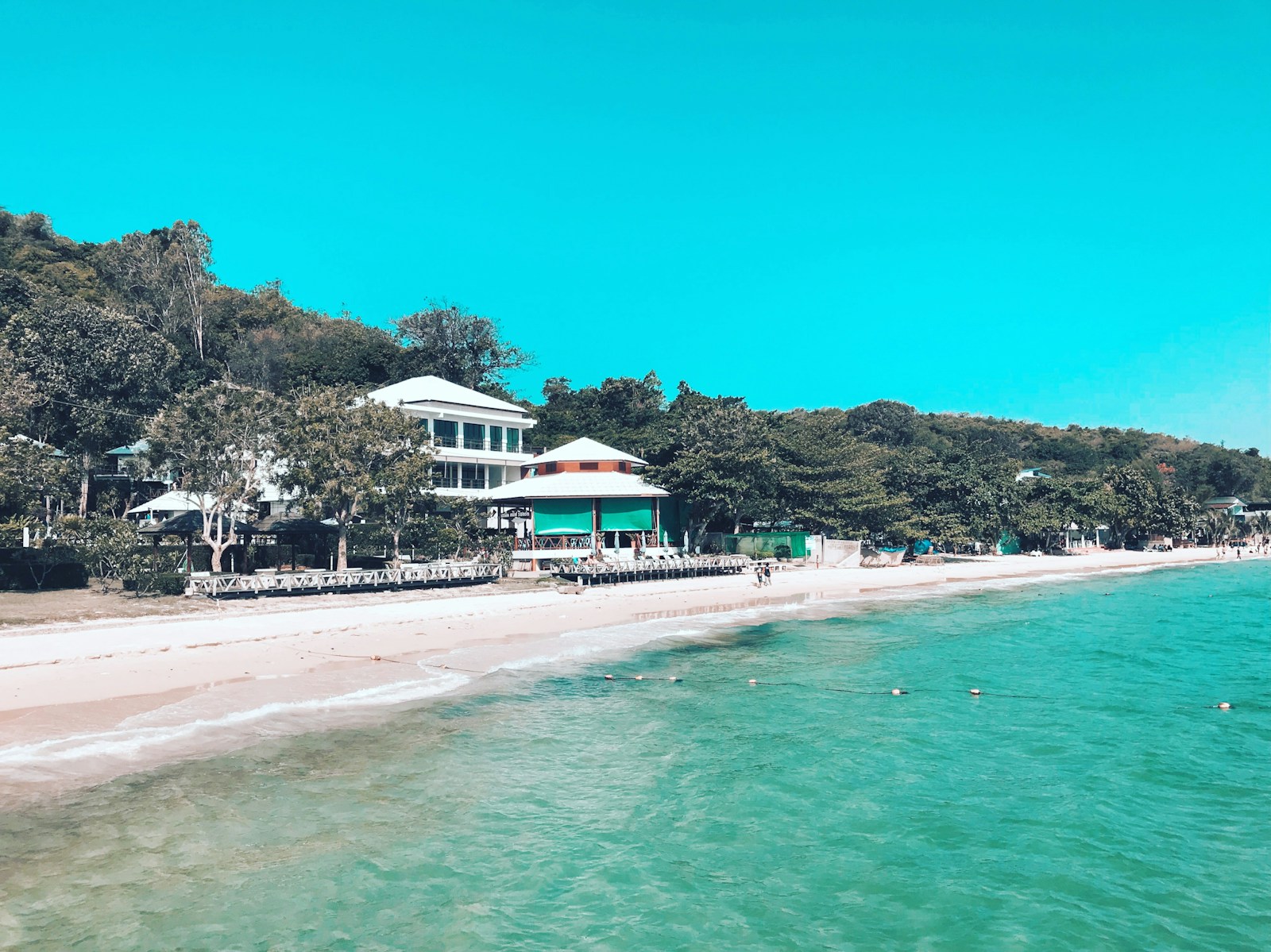You’re probably wondering, “Is Sudan safe to visit?” It’s a question that’s been on the minds of many travelers recently. With its rich history, diverse culture, and stunning landscapes, Sudan has a lot to offer. But, like any travel destination, it’s important to be aware of the safety situation.
In recent years, Sudan has made strides in improving its security and stability. However, it’s crucial to stay informed about current events and local customs. This article will provide you with up-to-date information and practical tips to ensure your trip to Sudan is as safe as possible.
Remember, safety is subjective and can depend on various factors such as your travel experience, preparedness, and the specific areas you plan to visit. So, let’s dive in and explore what you need to know about visiting Sudan safely.
Is Sudan Safe for Travelers?
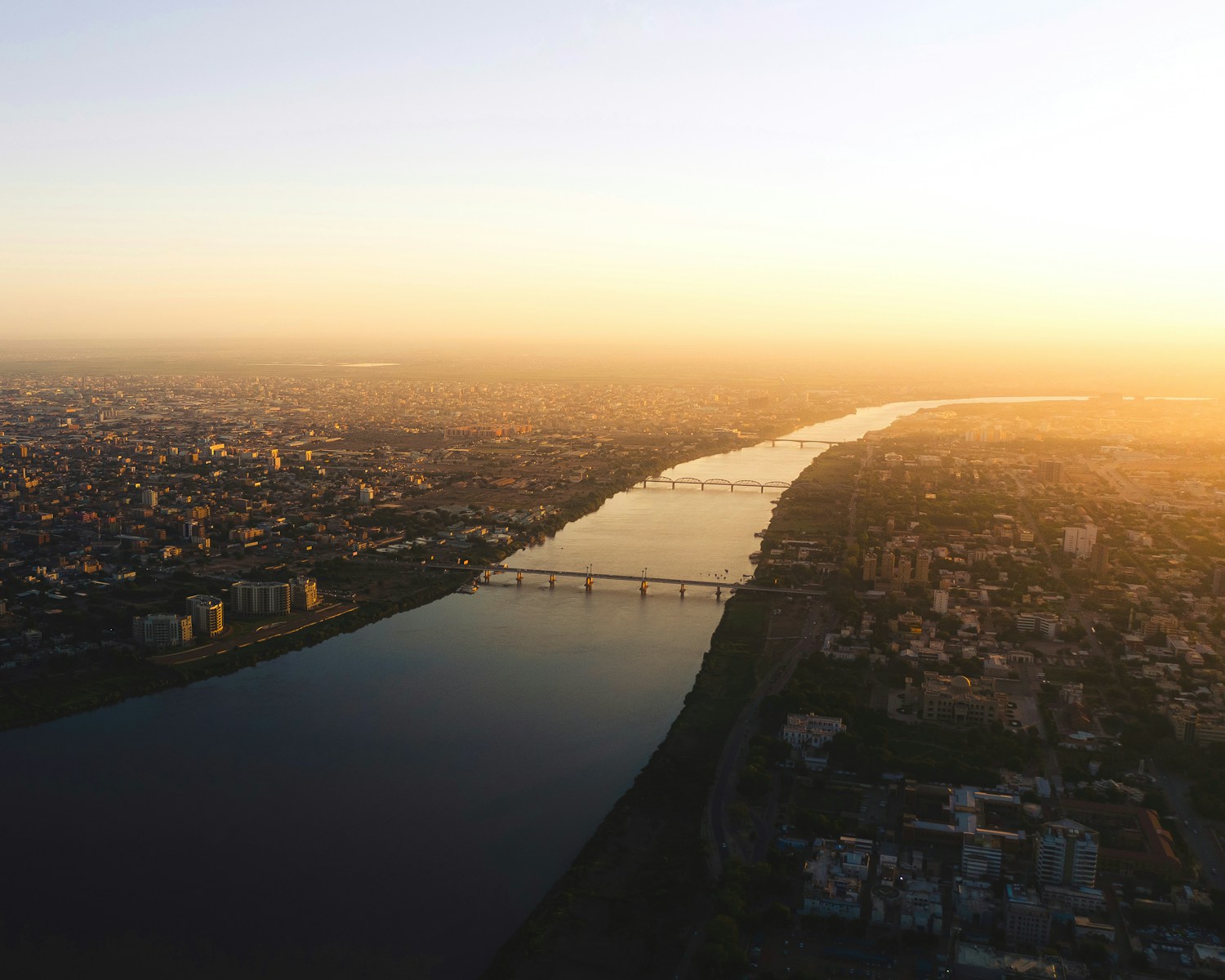
In order to understand the safety implications of visiting Sudan, it’s crucial to consider both the crime rates and the local laws and regulations active in the country. The following information will help you make an informed decision about your travel plans.
Crime Rates and Statistics in Sudan
Compared to many other destinations, Sudan has a relatively low crime rate. The incidence of violent crimes is particularly low. However, petty crime such as theft and pickpocketing can occur, especially in crowded areas and markets.
Here is a brief overview of the crime rates in Sudan for better understanding:
| Crime Type | Rate |
|---|---|
| Violent Crime | Low |
| Petty Crime | Moderate |
| Corruption | High |
Despite the aforementioned statistics, the experience can significantly vary depending on where you are in Sudan. For instance, informal settlements and areas with high poverty rates may have higher crime rates. Also, key to remember, the statistics are ever-changing and it’s important to check for the most recent data before your trip.
Local Laws and Regulations to Consider
Regarding the local laws and regulations, it’s worth noting that Sudan is a predominantly Muslim country, so Islamic laws are heavily intertwined with local customs. This may affect your experience as a traveler. For instance:
- Alcohol consumption is prohibited.
- Being respectful of local customs and religious practices is expected.
- Modest dress is recommended, especially for women.
- Homosexuality is criminalized.
It’s recommended to familiarize yourself with these laws and regulations prior to your visit to avoid any potential issues or misunderstandings.
As the safety landscape in Sudan evolves, it’s crucial to keep abreast with the latest travel advisories and information. It’s not only about checking boxes on a to-do list, but also knowing and appreciating the complexity of the environment you’re stepping into. One should remember, no destination is completely devoid of risk, but with the correct approach and preparation, the majority of risks can be mitigated.
Is Sudan Safe for Families?

Family safety is a vital part of planning a trip to any foreign country. Let’s delve into whether it’s suitable to pack up the kids, head to Sudan, and immerse them in Sudanese culture.
You’ll find Sudanese people are, by and large, welcoming towards families and children. Many tourists have reported positive experiences with locals, who show remarkable kindness and hospitality. The local community’s warmth and openness can indeed provide children with a worldwide perspective, enhancing their learning.
Yet, keep in mind that while violent crimes are few, smaller incidents like pickpocketing and theft are not. They tend to pop up, particularly in crowded spaces.
| Crime Type | Frequency |
|---|---|
| Violent crime | Low |
| Pickpocketing/Theft | Moderate |
It’s crucial to always guard your belongings, educate your children on staying safe, and maintain vigilance in public spaces.
However, you should be wary of the stifling heat in Sudan. The country experiences extreme temperatures, particularly during the summer. Proper hydration, sun-protective gear, and avoiding unnecessary exposure to the sun are all essential.
Traveling around Sudan can be challenging due to the lack of reliable public transport. If possible, consider hiring a private vehicle or enrolling in an organized tour. It’s a safer and more comfortable option for families, especially those traveling with smaller children.
Moreover, Sudan’s health infrastructure might not be up to the standard you’re accustomed to back home. Therefore, ensure that you and your family are in good health before the journey and consider taking out travel insurance that includes medical coverage.
Note, Islamic laws and customs are deeply interwoven with Sudan’s societal culture. It expects respectful behavior and modest dress, particularly in religious places.
In preparation, you should:
- Discuss and make your children aware of these cultural nuances
- Remind them to respect local customs
- Ensure to dress appropriately to avoid unwanted attention
While hoping for the best during your journey to Sudan, it’s crucial to stay informed about any shift in the country’s safety landscape. Do so by checking for the latest travel advisories.
Remember, with the correct level of care, good planning, and preparation, most risks can be lessened. The safety of your family is indeed within your grasp, should you decide to embark on an adventurous Sudanese journey together.
Safety Landscape in Sudan
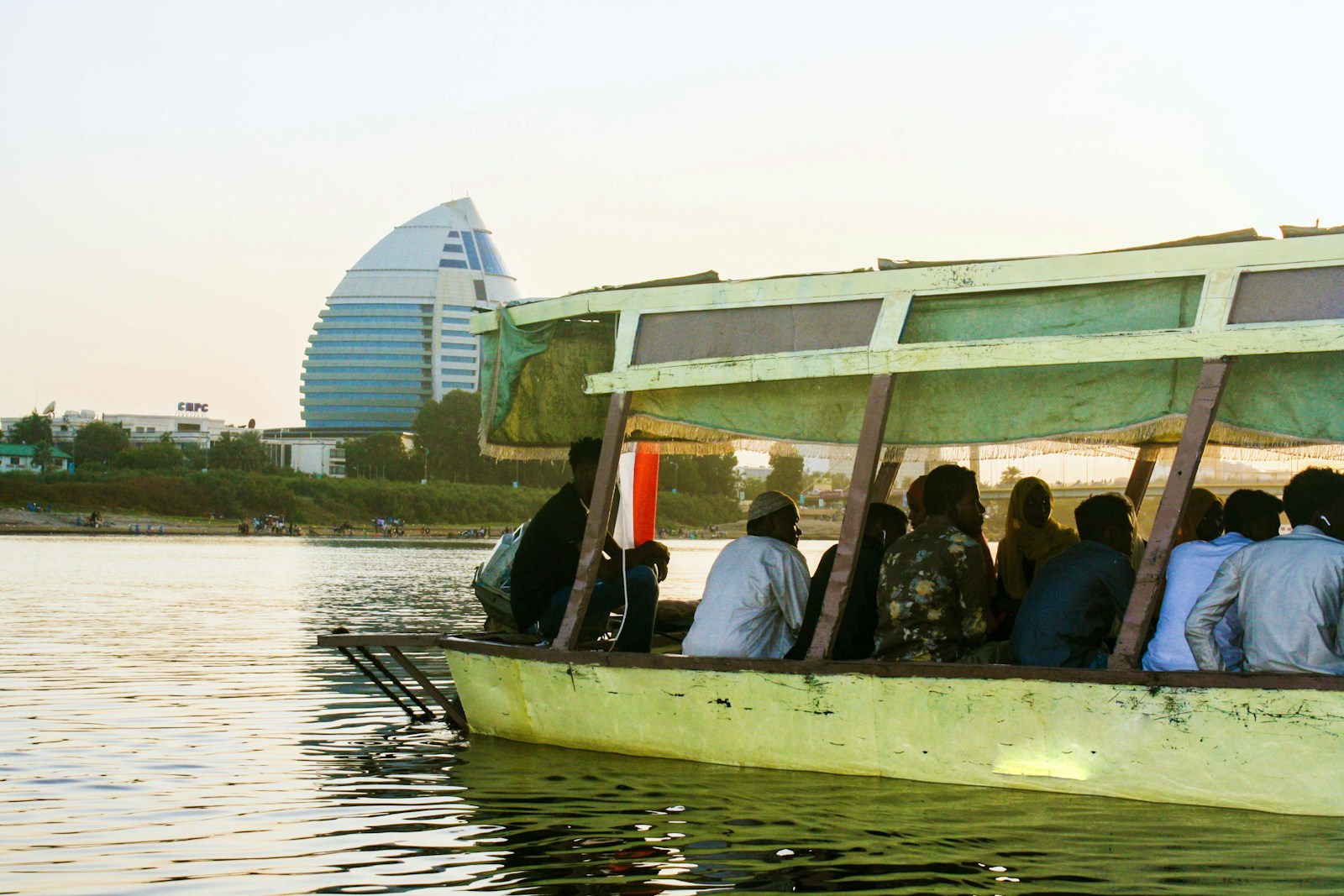
As a traveler, it’s crucial that you’re aware of the safety landscape in Sudan. Considering the checkered history of the country, some neighborhoods could pose serious threats to your safety, while others are relatively safe and welcoming.
Dangerous Neighborhoods to Avoid in Sudan
No matter how well-traveled you might be, it’s crucial for your safety to avoid certain neighborhoods in Sudan. The more volatile regions, often embroiled in conflict include areas such as Darfur, Abyei, Southern Kordofan, and the Blue Nile states. Here, the risk of violent crime significantly increases due to ongoing tensions and military confrontations.
Although it’s not common for tourists to become primary targets, simply being present in these areas might put you in unintended danger. It’s best to stay alert and follow the latest advisories from trusted sources like the U.S. Department of State or the UK Foreign and Commonwealth Office.
If you do end up inadvertently straying into these zones, stay vigilant and rely on your basic instincts. Alternatively, seek professional guidance or contact your consulate for assistance.
Safest Places in Sudan to Visit
There’s also a brighter side to Sudan, with plenty of safe and inviting places worth your visit. Let’s not forget, Sudan hosts more pyramids than even Egypt, making it a hidden treasure trove for history buffs.
Khartoum, the capital city, is one of the safest places in Sudan. It’s relatively modern, with a vibrant life that encapsulates the unique blend of African and Arab cultures. Expats and locals flock to the city for its thriving markets, world-class museums, and delightful restaurants. However, even in Khartoum, it’s helpful to remain mindful of your surroundings, particularly in crowded areas.
Other relatively safe places include Port Sudan, known for its beautiful Red Sea coast — an ideal destination for snorkeling and diving enthusiasts.
Meroe, the ancient city, houses clusters of pyramids that endure as an architectural wonder. It’s relatively isolated, which reduces the risk of petty crimes.
Your trip to Sudan needs careful planning, but it’s a journey worth undertaking. Remember, safety is primarily in your hands, and being aware of what to avoid can add significant value to your travel experience.
Emergency Services and Support in Sudan
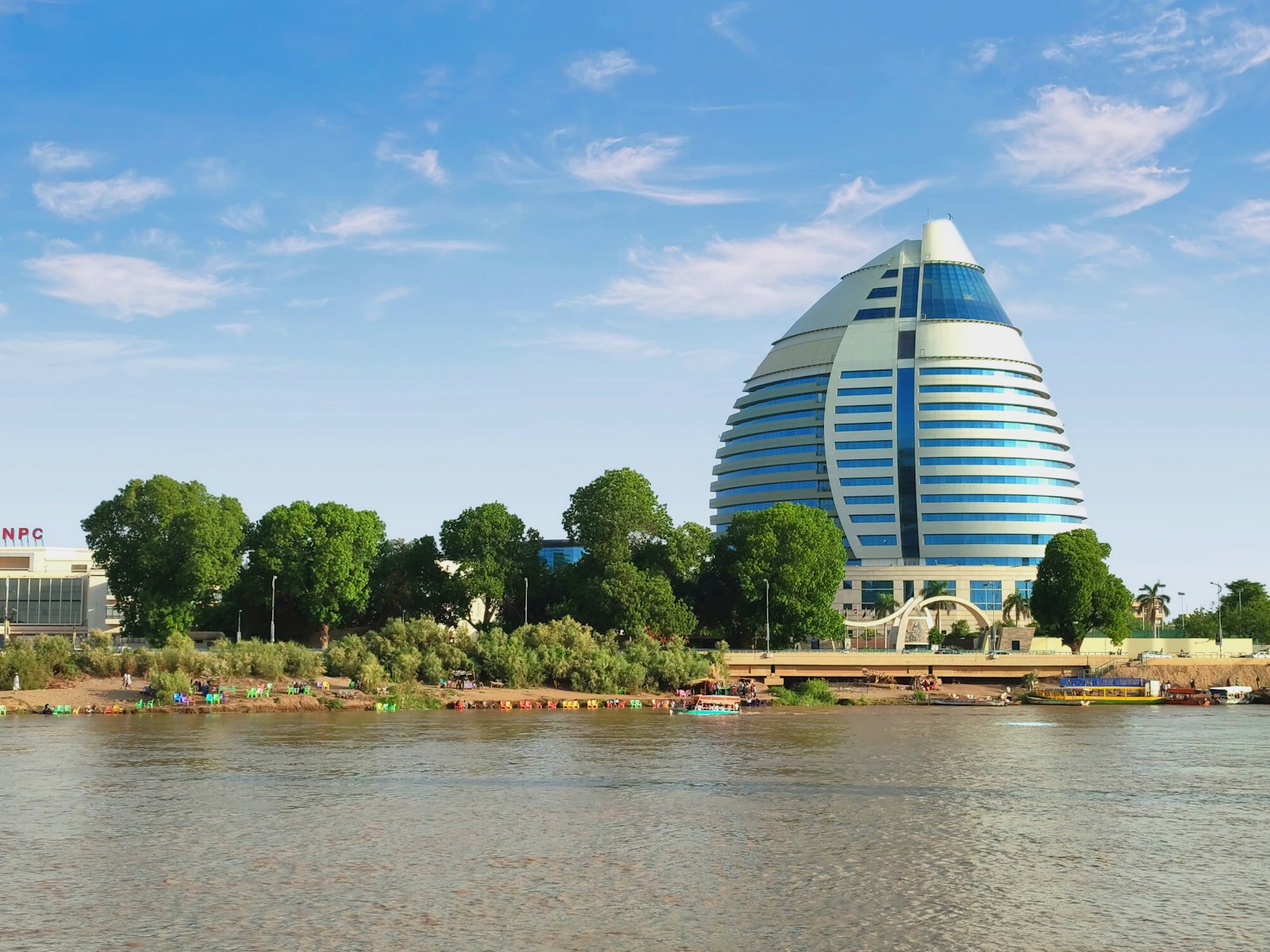
Visiting any foreign country requires learning about their emergency services and their support infrastructure. In this section, you’ll learn about the availability and quality of emergency services in Sudan. Let’s delve right into the state of healthcare facilities, the availability of police and medical services and essential numbers to keep handy when in Sudan.
Healthcare Facilities in Sudan
While Sudan boasts of a multitude of hospitals and clinics spread across the country, their state varies wildly depending upon their location. Main cities like Khartoum, Port Sudan, and Meroe have reasonably good healthcare facilities that cater to almost every common disease and ailment. But, as you move into the interiors and rural areas, the condition deteriorates significantly. The facilities in rural areas are often understaffed and under-resourced, and may not be capable of handling serious medical emergencies.
Availability of Police and Medical Services
While police and medical services are available throughout the country, their level of support can differ vastly. Particularly in conflicted regions like Darfur, Abyei, Southern Kordofan, and the Blue Nile states, services may be limited or unreliable. Nonetheless, in larger cities and peaceful regions, both police and medical services are much more robust and accessible.
List of Emergency Phone Numbers in Sudan
Here is a compiled list of important emergency numbers you need to keep in hand when travelling in Sudan.
| Service | Phone Number |
|---|---|
| Ambulance | 333 |
| Police | 777 |
| Fire | 999 |
Please note these numbers might not be accessible in some remote and conflict-ridden areas.
How to Access Consular Assistance
To obtain consular assistance, contact your respective embassy or consulate in Sudan. Most countries maintain a diplomatic presence in the capital city, Khartoum. They can provide you with valuable support in emergencies, such as in instances of arrest, severe illness or passport theft. So, it’s vital you have their contact information stored safely during your travels.
Your journey through Sudan can be a memorable one, provided you equip yourself with these crucial insights. Stay informed, prepare well, and make the most of your Sudanese sojourn.
Safety Tips for Nightlife
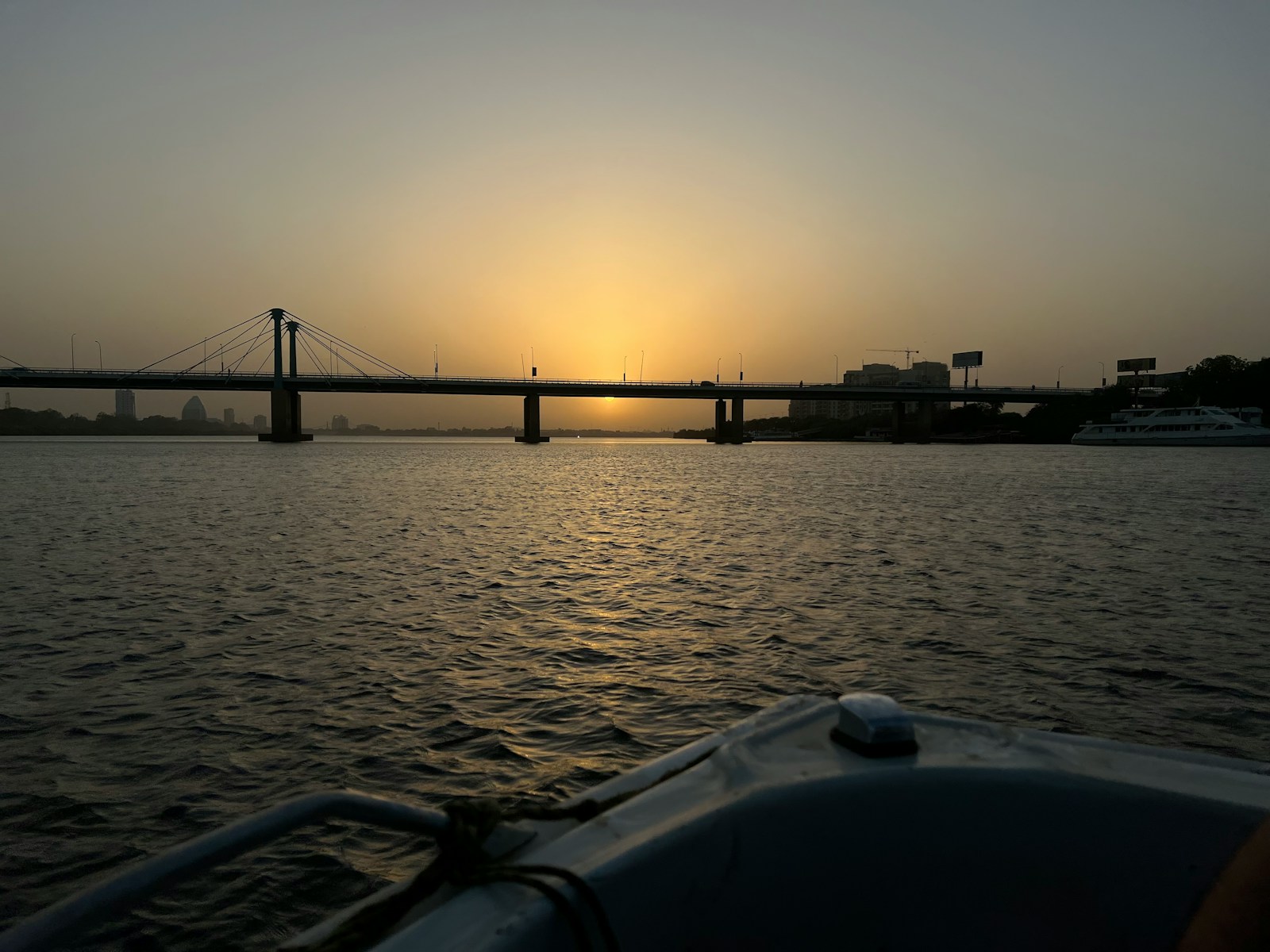
While navigating Sudan’s dark hours, it’s crucial to be savvy about your surroundings. The local nightlife offers a fascinating glimpse into Sudan’s culture. However, evening activities present their own unique set of risks.
Stave off potential dangers by choosing your venues wisely. Not every neighborhood is safe after dusk. Keep to well-lit, populated areas in the city center and avoid more remote or poorly lit locations. Be very cautious when frequenting bars, clubs, or other nightlife venues. In Sudan, local police have been known to raid establishments that are thought to be violating local laws, which can make these places risky to visit.
Always keep track of your personal belongings and never leave drinks unattended, as incidences of theft and drink spiking have been recorded. Trends in local crime reported in 2020 are illustrated in the table below:
| Crime Type | Percentage |
|---|---|
| Theft | 35% |
| Assault | 25% |
| Drink Spiking | 10% |
When getting around, opt for trusted transportation options. Sure, it’s tempting to hop into the local transport for a more “authentic” experience, but having a reliable, safe ride is non-negotiable. Taxis are generally considered safer than buses or rickshaws. If possible, arrange transportation through your hotel or a reputable travel agency.
Lastly, do not forget about local customs and behaviors. Sudanese society is fairly conservative, and it’s advised to dress modestly and respect local norms. This is particularly true for women who are advised to cover their shoulders and legs.
On the whole, by being cautious and aware, you’ll be better prepared to handle whatever the Sudanese nightlife throws at you. Plan ahead, stay esteemed, and observe these safety tips to get the most out of your after-dark experiences.
Safety Tips for Public Transportation
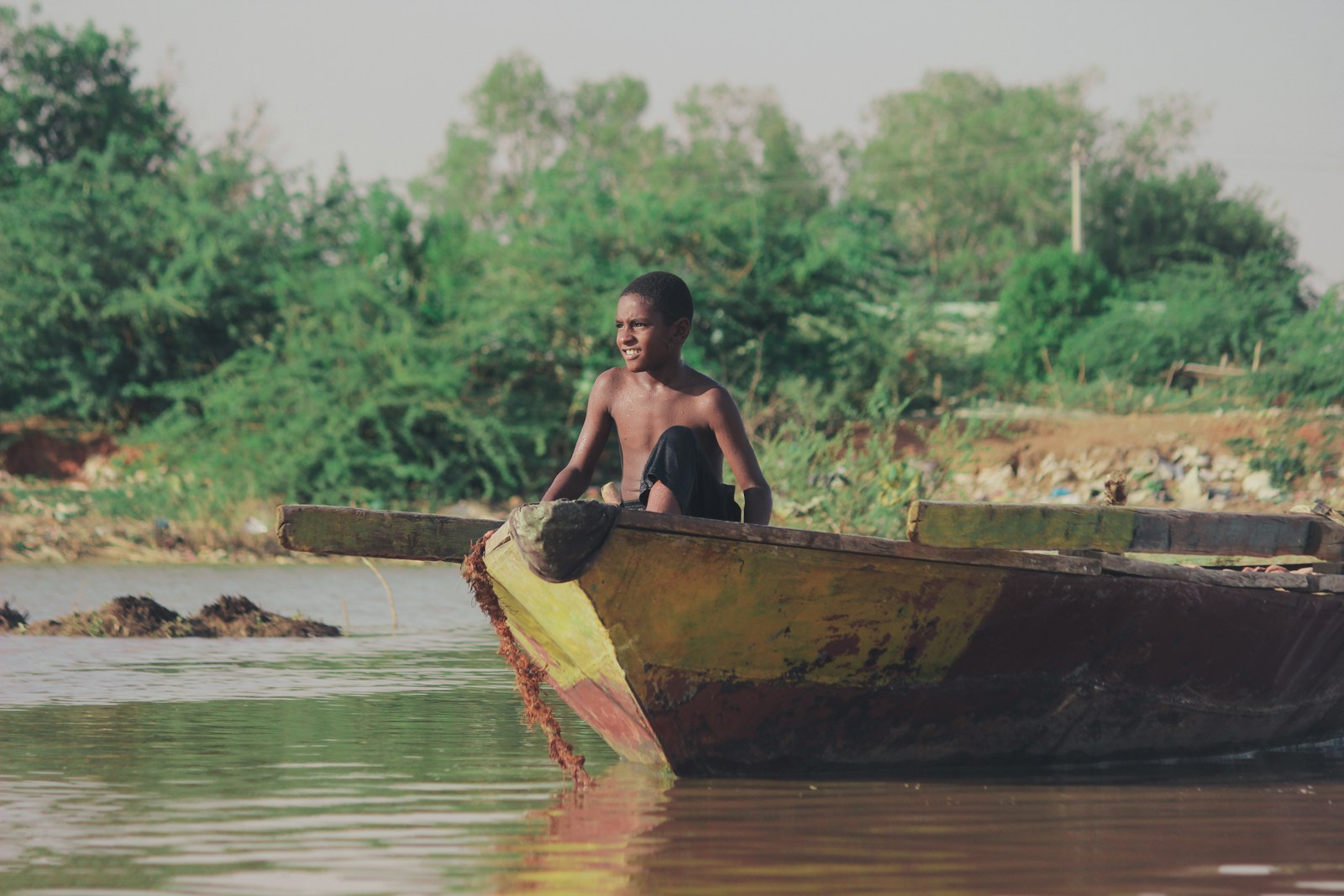
Choosing to get around in Sudan via public transportation isn’t just economically friendly; it’s a chance to catch a true glimpse of local life. However, your safety should be a top priority. Here is a list of tips and know-hows to maximize safety on Sudan’s public transportation system.
Beware of Pickpocketing and Bag-snatching
Public transportation, especially buses and minibuses, are often crowded in Sudan. This crowdedness makes them an ideal place for pickpockets and bag-snatchers. Make it a habit of keeping your personal belongings close at all times and avoid flashing expensive items or large amounts of cash.
Pay Attention to the Transport Provider’s Reputation
Avoid unlicensed taxis and carriers with unverified reputation. Regular riders or locals are a great source of trusted names in the public transportation sector of Sudan. Stick to reliable options whenever possible!
Select the Right Hours to Travel
Travel during daylight hours when there are more people around. Not only does this make it less likely you’ll become a target, but it also means there’ll be more assistance available to you should anything go wrong.
When it comes to bus travel, long-distance buses often travel overnight. They usually make stops at established stations where security measures are in place. Therefore, this type of travel can be considered relatively safe.
So here’s the thing about safety: it needs to be a constant in your travel plans. You wouldn’t put your shoes on before your socks, would you? Make safety your ‘pair of socks’ in your travel experience, especially when dealing with public transportation in Sudan.
In the next section, we’re going to delve into safety considerations when indulging in Sudanese cuisine, which is an integral part of the Sudanese culture and something you’d definitely not want to miss out on. Is it possible to enjoy Sudan’s culinary offerings while ensuring your health and safety? Stay tuned to find out.
Local Customs to Stay Safe
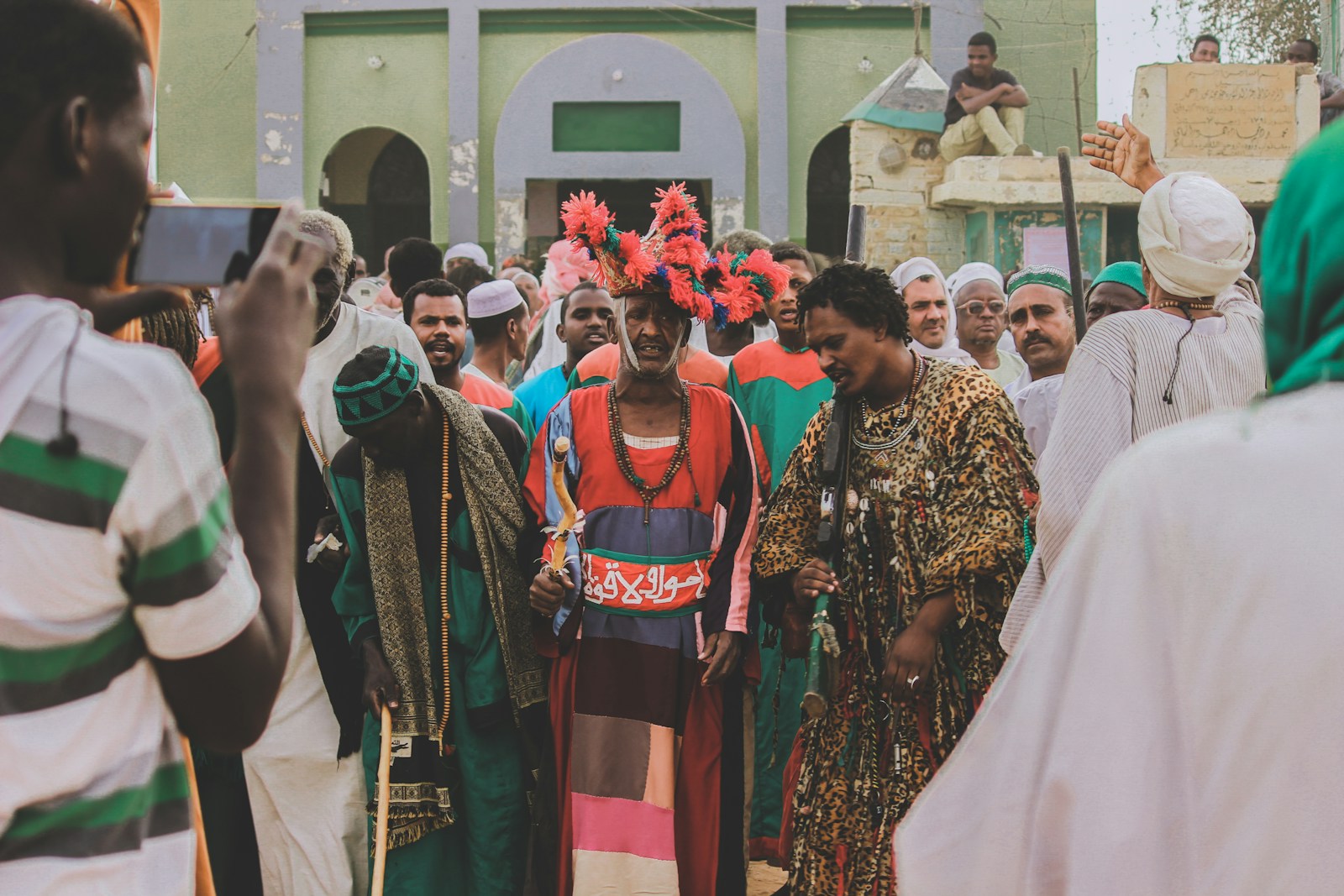
Sudan’s diverse and rich cultural tapestry presents unique nuances that you could unknowingly trip over. Respecting these customs won’t just help you blend in but also aid you in staying safe. Ensure you navigate Sudan’s local customs confidently – after all, knowledge is power, isn’t it?
Firstly, it’s important to remember that Sudan is a predominantly Muslim country. Demonstrating respect for Islamic traditions can improve your experience and safety. Consider dressing modestly. You’ll find that lightweight, loose clothing not only keeps you respectful of the culture but also helps with the hot Sudanese climate. Save the beachwear for the coastline, and in towns stay covered up, especially your shoulders and knees.
Secondly, be mindful of the times for prayer. While you’re not expected to stop and pray, it’s customary to respect the process. During this time, you’ll want to avoid disruptive activities, especially around mosques or other religious locations.
Similarly, during Ramadan, the holy month of fasting, be sensitive. It’s best to avoid eating, drinking, or smoking in public places during daylight hours as this can upset the locals.
Let’s speak about etiquette at the table, while indulging in uniquely delectable Sudanese cuisine. It’s traditional to eat with the right hand, as the left is often considered unclean. Always accept an invitation for a meal or a tea – it’s a sign of Sudanese hospitality and refusal can be seen as a grave insult.
If you’re an unabashed shutterbug, ask for permission before photographing people. With a turbulent past of civil unrest, some Sudanese people remain wary of being documented.
Finally, when meeting Sudanese people, remember that good manners are taken seriously. Direct eye contact, firm handshakes, and polite conversation will carry you far. Avoid discussing sensitive subjects like politics or religion.
By being mindful of these customs, you don’t just avoid causing unintentional offence, you’re also able to engage authentically with the locals and the culture. As you venture further into Sudan’s attractions, remember these local customs – not just a tool for maximizing your safety, it’s a window into understanding the Sudanese way of life. Stay tuned as next up we’re exploring shopping safety tips while you’re in Sudan.
Common Tourist Scams and How to Avoid Them
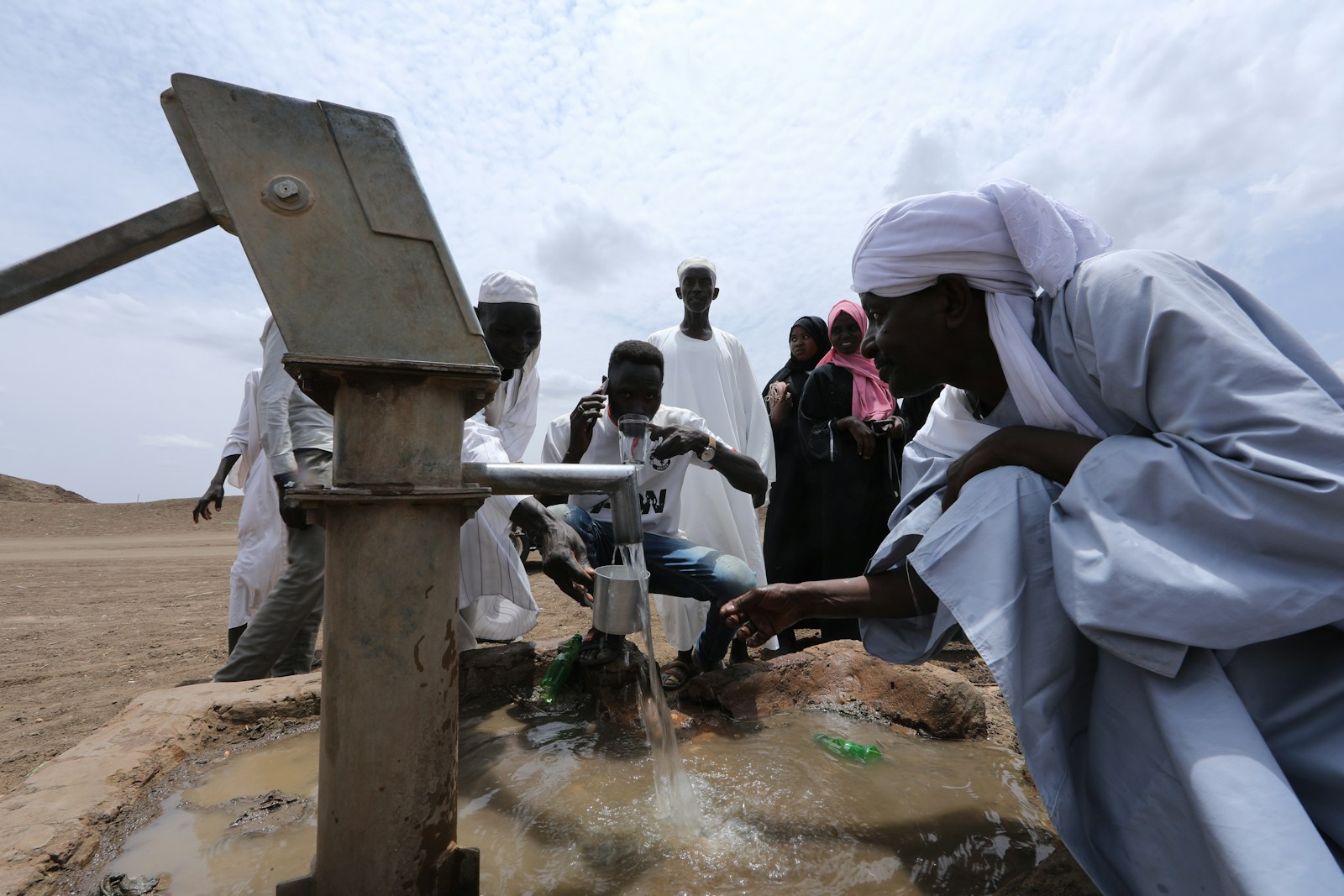
While Sudan presents a rich tapestry of culture and tradition to immerse yourself in, it’s essential to remain vigilant against potential scams that may compromise your safety. By staying informed about these scams, you’re better equipped to protect yourself and ensure a satisfying, trouble-free trip.
Money-changers in Street Markets
One of the common scams in Sudan involves money-changers in local markets. They may attempt to give you less currency than what you’re due by shuffling the notes quickly or distracting you. Always count your money back carefully to ensure you’re getting the correct amount.
Taxi Overcharging
Unregulated taxis are another area where tourists might face scams. Drivers might charge inflated rates, take longer routes or demand more money upon reaching the destination. Prior to your journey, negotiate the fare and make certain the agreed-upon price is definite.
Fake Souvenirs
Another scam to look out for is fake souvenirs. Sellers may attempt to pass off cheap reproductions as genuine, traditional Sudanese items. Familiarize yourself with traditional Sudanese crafts and their approximate value. Purchase items from reputed stores and demand certificates of authenticity where it’s viable.
Beware of Guides and Translators
Guides and translators who “accidentally” bump into you on the streets of Sudan, offering their services, often feature among scam reports from tourists. They might overcharge for their services or lead you to shops and restaurants where they get commission. To avoid this, use only recommended guides and translators from credible sources.
Here’s a quick reference table to help:
| Scam | How to Avoid |
|---|---|
| Moneychangers cheating | Count your money back carefully |
| Taxi Overcharging | Negotiate fare beforehand |
| Fake souvenirs | Know Sudanese crafts & purchase from reputed stores |
| Unsolicited guides/translators | Use only recommended services |
Your trip to Sudan should be about embracing the culture, connecting with locals, and discovering all that this fascinating country has to offer. Adopting these safety practices will prevent any scams from tainting your overall travel experience. Coming up next, let’s look at some essential health and medical precautions you’d need to take while in Sudan.
Preparing for a Safe Trip to Sudan
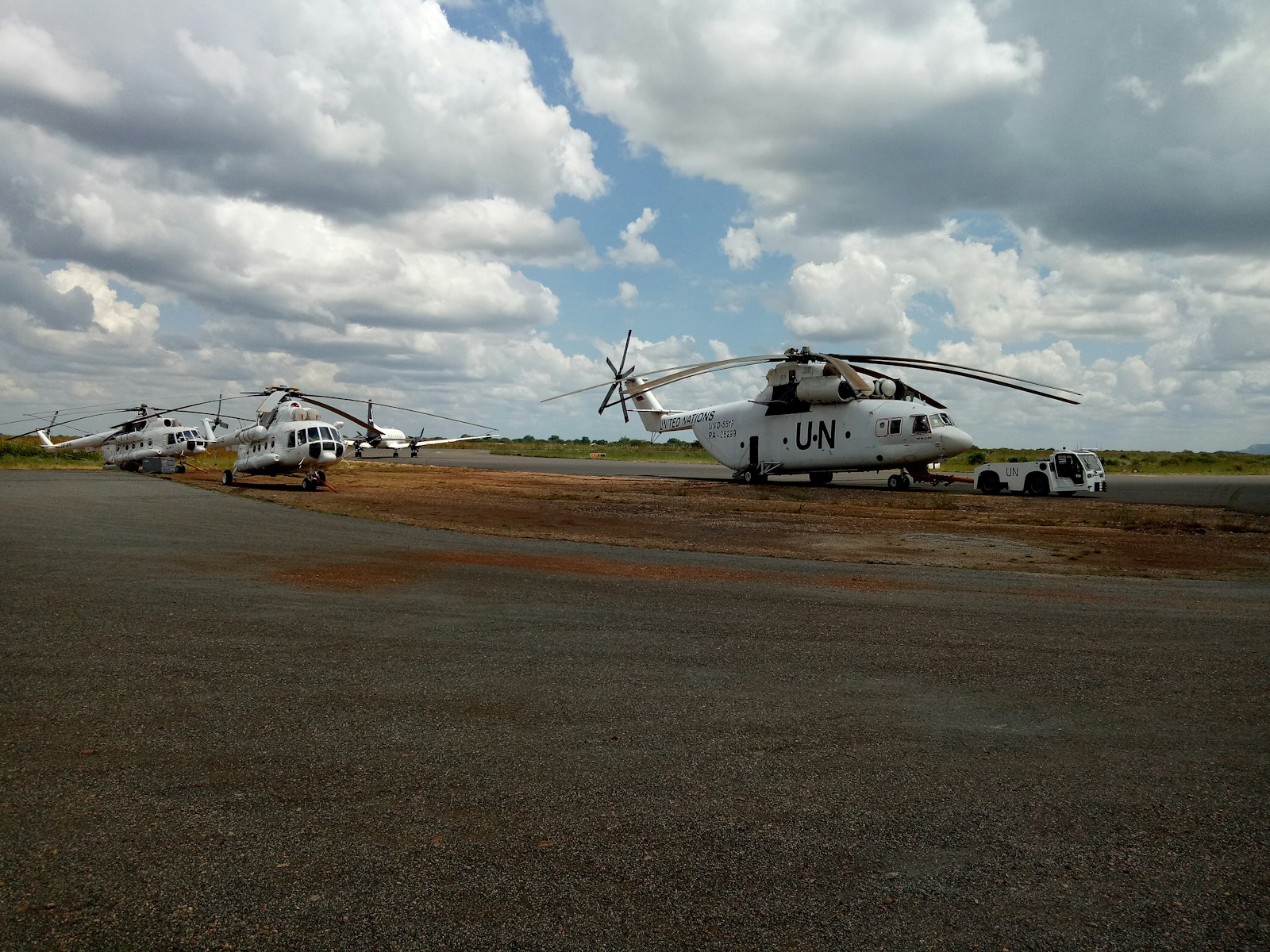
Now that you’re aware of common scams one might encounter in Sudan, let’s switch gears and focus on preparing for a safe trip to this richly diverse country.
Traveling Checklist for Sudan
A checklist is like your security blanket. It will help ensure you’re adequately prepared for your journey. Here are some items you might want to include:
- Valid passport and visa: You’ll need a passport that up-to-date and a visa. Remember to check their expiration dates.
- Vaccination card: Yellow Fever vaccination is a requirement for entry into Sudan. Don’t forget to bring your vaccination card with you.
- Essential medications: If you’re on medication, bring enough stock for the duration of your trip. Finding specific drugs in Sudan might prove a challenge.
- Weather-appropriate clothing: Consider Sudan’s desert climate when packing. Include loose, breathable attire for hot daytime temperatures.
- Insect repellent: Invest in a reliable insect repellent. Preventive measures against insect-borne diseases are crucial.
- Money: Have some cash on hand but avoid carrying large amounts. Rely more on credit cards and electronic money.
Keep this list handy when packing and revise as necessary to make sure nothing is left out.
Weather and Travel Advisories in Sudan
Pay attention to the weather conditions and travel advisories before setting off.
Sudan experiences extreme heat, especially from April to June. Temperatures can soar to 45°C. Rainy season spans July to September and certain parts might experience flooding. Adjust your travel plans accordingly.
Before traveling, always check for up-to-date travel advisories. The US Department of State regularly puts out travel warnings and advisories that will keep you in the loop about safety conditions.
Safety Tips for Solo Travelers
Traversing Sudan alone can be an exhilarating and enriching experience. But safety always comes first. Here are a few tips solo travelers should appreciate:
- Avoid venturing out late: It’s safer to return to your accommodation before dark.
- Remember, you’re not obliged: Don’t feel pressured to accept hospitality or gifts which may make you uncomfortable.
- Take registered, metered taxis: These are safer and prevent any issues related to fare.
- Inform someone of your itinerary: Keep someone posted about your plans and whereabouts.
Sudan, just like any other travel destination, requires careful planning and situation-awareness. Throughout your stay, remain aware of your surroundings and stay in regular touch with your loved ones. Make this a travel experience that’s as safe as it’s beautiful.
Conclusion: Is Sudan Safe to Travel in 2024?

So, is Sudan safe for a visit? It’s clear that the answer hinges on your preparedness and awareness. By understanding common tourist scams and how to dodge them, you’re already one step ahead. Your safety checklist is your lifeline – don’t leave home without it. Paying attention to weather and travel advisories can save you from unexpected hassles. If you’re a solo traveler, it’s crucial to be extra vigilant.
Sudan isn’t without its challenges, but with careful planning and a keen sense of your surroundings, it can be a rewarding destination. Remember, safety doesn’t just happen – it’s something you actively create. So, gear up, stay informed, and make your journey to Sudan a memorable one.
Frequently Asked Questions
What are the safety considerations when traveling to Sudan?
When traveling to Sudan, it’s essential to be aware of potential tourist scams and understand methods of prevention. The article provides a comprehensive guide on safety considerations, including tips for avoiding scams such as being vigilant in crowded places and not accepting unsolicited help.
What should I pack for a trip to Sudan?
The article offers a checklist of essentials to pack for Sudan, including medications, warm clothing for the cold evenings, plenty of sunscreen for hot days, and a reusable water bottle, among other things.
What are the solo travel tips for Sudan?
There are specific measures solo travelers can take to ensure their safety in Sudan. These include informing someone trusted about your travel plans, keeping spare change for emergencies, and avoiding traveling after dark, especially in remote areas.
How can I prepare myself for the weather in Sudan?
The weather in Sudan varies based on region and time of the year. The article gives insights into the different weather patterns and suggests checking up-to-date weather forecasts before your trip. Also, remember to pack appropriate clothing for the expected weather.
Are there any travel advisories for Sudan?
The article recommends checking your home country’s travel advisories for Sudan before planning the trip. These advisories provide valuable information about possible risks, political situations, health issues, and other safety-related knowledge.
